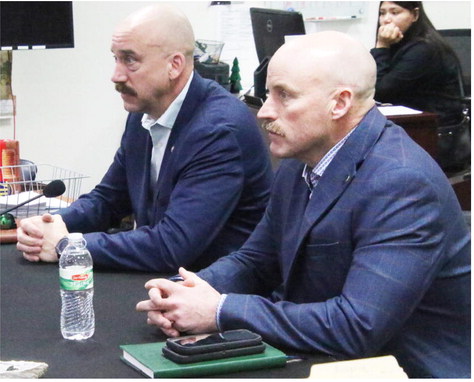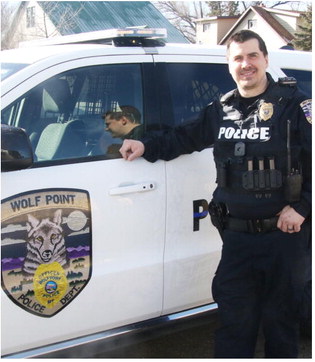Current Journalists Aren’t The Enemy
I had a conversation the other day with a friend who kindly let me know about “his problem with the media.”
Like any good conversation that begins with the premise, “You know what your problem is,” I took a deep breath, and buckled in. For anyone wanting to feel the same sense of dread, just try beginning a conversation with your significant other with those six magical words.
To hear him tell it, the concern was that he felt all media — left or right, big city or small weekly — was just trying to scare him.
I understood his point: Headlines and news stories are often filled with frightening things — from climate change, to political unrest, to war, to economic doom, and then there are the diseases, or social media, or the Chinese government … and the list continues.
I asked him if he doubted the danger in those different far-reaching topics, and he said he believed, for example, that something troubling was going on in terms of climate; and, it’s true that our political system, which seemed stable, is spiraling. And, social media is a confusing place.
But still why does the media seem to scare people with its warning of environmental collapse or out-of-control diseases?
It reminds me of that great song lyric in Simon and Garfunkel’s Mrs. Robinson: Where have you gone, Joe DiMaggio/Our nation turns its lonely eyes to you?”
Maybe more fitting: Where have you gone, Walter Cronkite? Or Chet Huntley? Or David Brinkley?
Those men delivered equally sobering and upsetting news with the patter of your wise grandfather or uncle. And, they seemed like a trusted guide, narrating the confusing world around them.
And yet, for all the grace and professionalism of these pioneer journalists, they can be faulted for their coverage of Vietnam which tilted toward a false narrative, perpetuated by the Johnson and Nixon administrations. They also likely underplayed some of the struggle of the Civil Rights movement so as not to rattle the white middle-class or its advertisers.
I am not sure the news coming from an anchor in a tie with a rich baritone should necessarily make us feel better about the troubling news. As much as the media — and I cannot speak for everyone — would like to be that authoritative, avuncular narrator, a tour-guide of local events — that’s probably not a very accurate description of our job.
Instead, maybe it’s more helpful to think of the media as a series of complex warning lights on a dashboard or control console (well, that dated me).
Sometimes, when the “check engine” light turns on, we ignore it. Sometimes, it’s a sensor calibrated too finely. Sometimes that light turns off just as suddenly as it came on. But taken as a whole, when the media raises issues, those thorny subjects are mere warning lights that remind the readers to pay attention, or that something needs fixing.
Sometimes it’s the engine, sometimes the tires, and at other times, the environment or the southern United States border.
As much as my friend was frustrated, my irritation started to build: Well, if you read all these things, why don’t you do something about them?
He sat that for a moment staring.
Now, I’ll let you in on a little journalism secret: We live here, too. We feel the same anxiety and unease as you do. We see that summer is getting longer and hotter. We worry that politics is getting way too polarized. We also have family members who won’t speak to us.
If journalism and the media has any power, it’s merely to shed light and attention on these pressing issues. We don’t have the power of lawmaking or enforcement or anything more than a keyboard and a phone.
For those who think the media has too much power, from where I have sat for years, I sometimes feel we don’t have enough. Not that I would want the responsibility of fixing climate change or stopping gun violence. But the only power we have is to warn folks, point out existential threats and present information that is sometimes met with silence, indifference or outright hostility.
Unlike those other flashing lights, there is no roadside service you can call to fix the country’s political dysfunction or shore up the environment.
That’s not a problem of journalism. That’s a problem that we share in equally.

